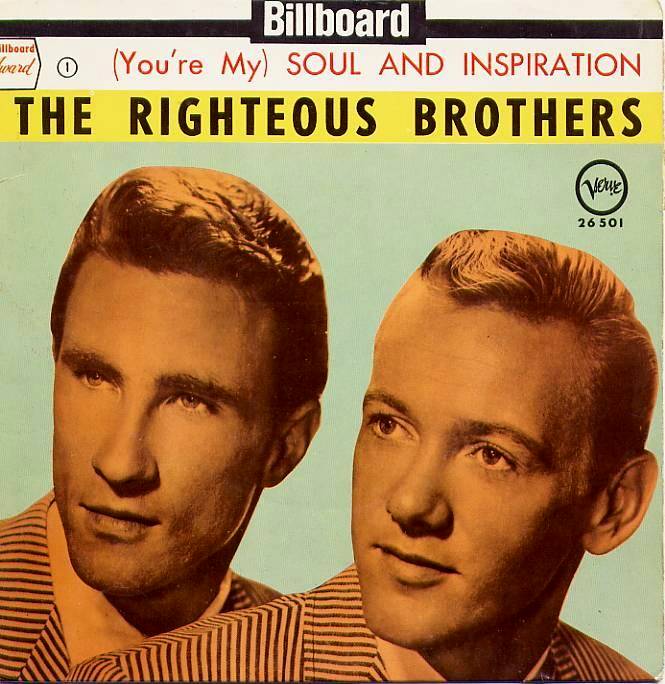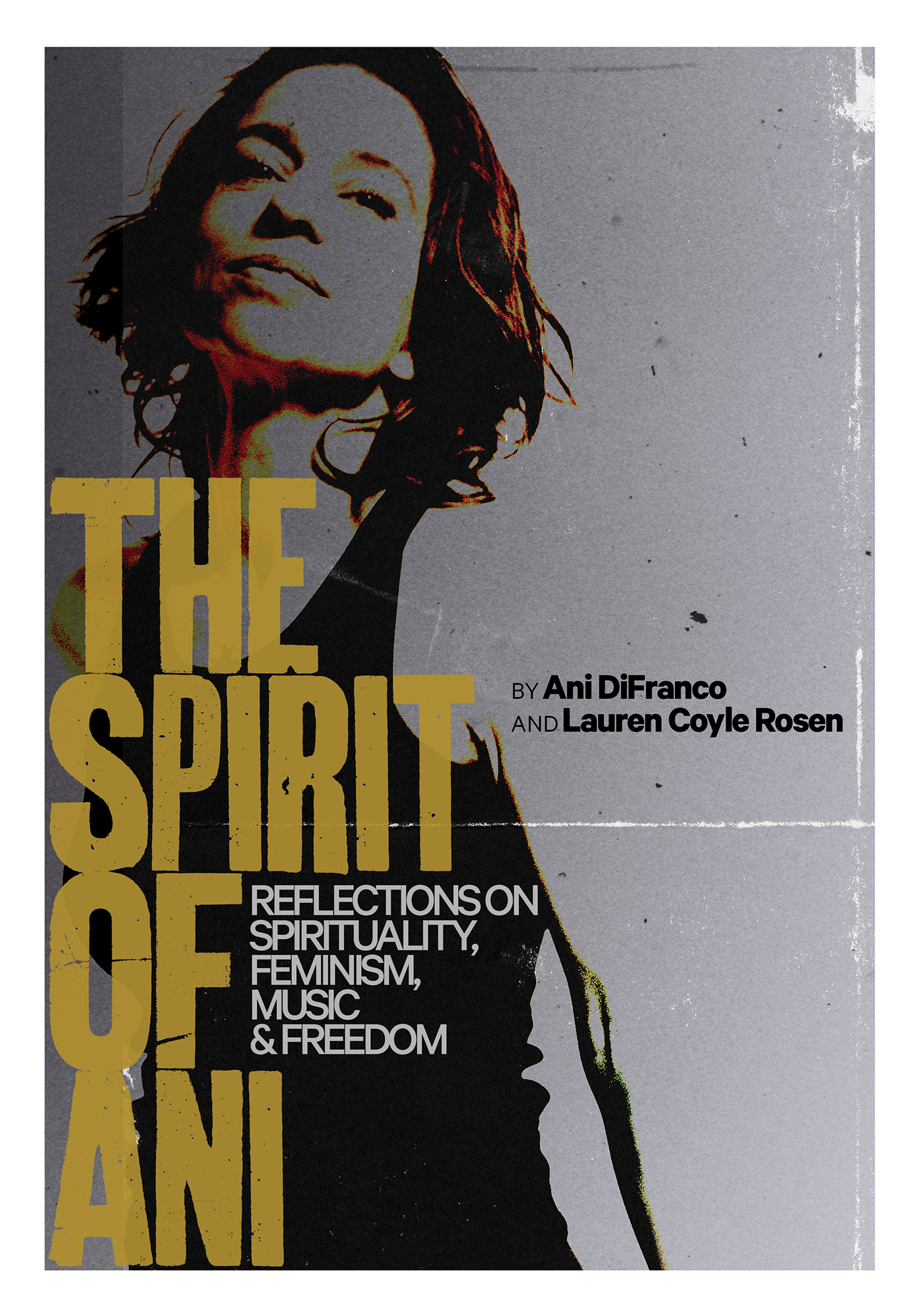April 9, 1966
- STAYED AT #1:3 Weeks
In The Number Ones, I'm reviewing every single #1 single in the history of the Billboard Hot 100, starting with the chart's beginning, in 1958, and working my way up into the present.
The Righteous Brothers had had enough of Phil Spector. The great producer had made the California duo famous, and he'd put all his genius into producing tracks like "You've Lost That Lovin' Feeling," the duo's breakout hit. And Righteous Brother Bill Medley had learned from watching Spector. (Medley produced "Unchained Melody," the immortal Righteous Brothers hit that went to #4 in 1965, though Spector demanded credit for it.) But Spector was, of course, an unbelievable piece of shit and presumably an impossible person to be around. So as soon as they got the chance, the Righteous Brothers bolted from Spector's Phillies imprint and signed with the jazz-centric label Verve instead.
Spector sued Verve, and Verve ended up paying him hundreds of thousands. So Medley turned around and bit Spector's entire production style. The songwriters Barry Mann and Cynthia Weil had co-written "You've Lost That Lovin' Feeling" for the Righteous Brothers a year earlier (though, again, Spector had claimed a co-writing credit). When the song hit, they started working on a soundalike song called "(You're My) Soul And Inspiration," but they gave it up and left it unfinished because they thought it sounded too much like "Lovin' Feeling." But when he was on Verve, Medley asked them to finish writing the song. And then Medley produced it himself, doing everything he could to make it sound like a Spector track.
Medley recorded "(You're My) Soul And Inspiration" with an orchestra and a whole mess of backing vocals, and he slathered all of them in reverb to mimic Spector's Wall Of Sound style. He recruited the arranger Jack Nitzsche, a regular Spector collaborator, and a few members of the Wrecking Crew, also Spector collaborators. And he remade "Lovin' Feeling" as closely as he could while making it a whole new song, right down to the part where the bridge ends, the strings come crashing back in, and Medley howls, "Baby!" The whole song exists as a massive middle finger to Spector, and can you imagine anyone ever deserving a middle finger more? And the cherry on top was that "Soul And Inspiration" ended up at #1 for a week longer than "Lovin' Feeling" had managed.
So "Soul & Inspiration" is a ripoff. Obviously. It was conceived, written, and recorded as a ripoff. The song's own writers didn't even want to finish the fucking thing. But what a ripoff. Like "Lovin' Feeling," "Soul And Inspiration" is a song about naked desperation: "Without you, baby, what good am I?" It builds tension lavishly, piling on the strings and the backing-singer howls and finally exploding into a grand, cathartic chorus, the sort of thing that can sweep you away.
Medley obviously wasn't Spector, and he didn't know how to use reverb with the surgical precision that Spector did. Weirdly enough, though, that lack of expertise works in the song's favor. The song is this rich, layered musical tapestry, but it's also a murky mess. It's like someone hired a whole orchestra and then just tucked a cheap tape deck into the middle of the room and hit record. So the song has it both ways -- all the splendor of a prime pop production and all the immediacy of a lo-fi emotional breakdown. I've never heard a song quite like it -- not even "You've Lost That Lovin' Feeling."
GRADE: 8/10
BONUS BEATS: Here's the Righteous Brothers' blue-eyed soul version of Sam Cooke's "A Change Is Gonna Come," from the Soul & Inspiration album -- a cover that's vaguely offensive just for the mere fact that it exists:






